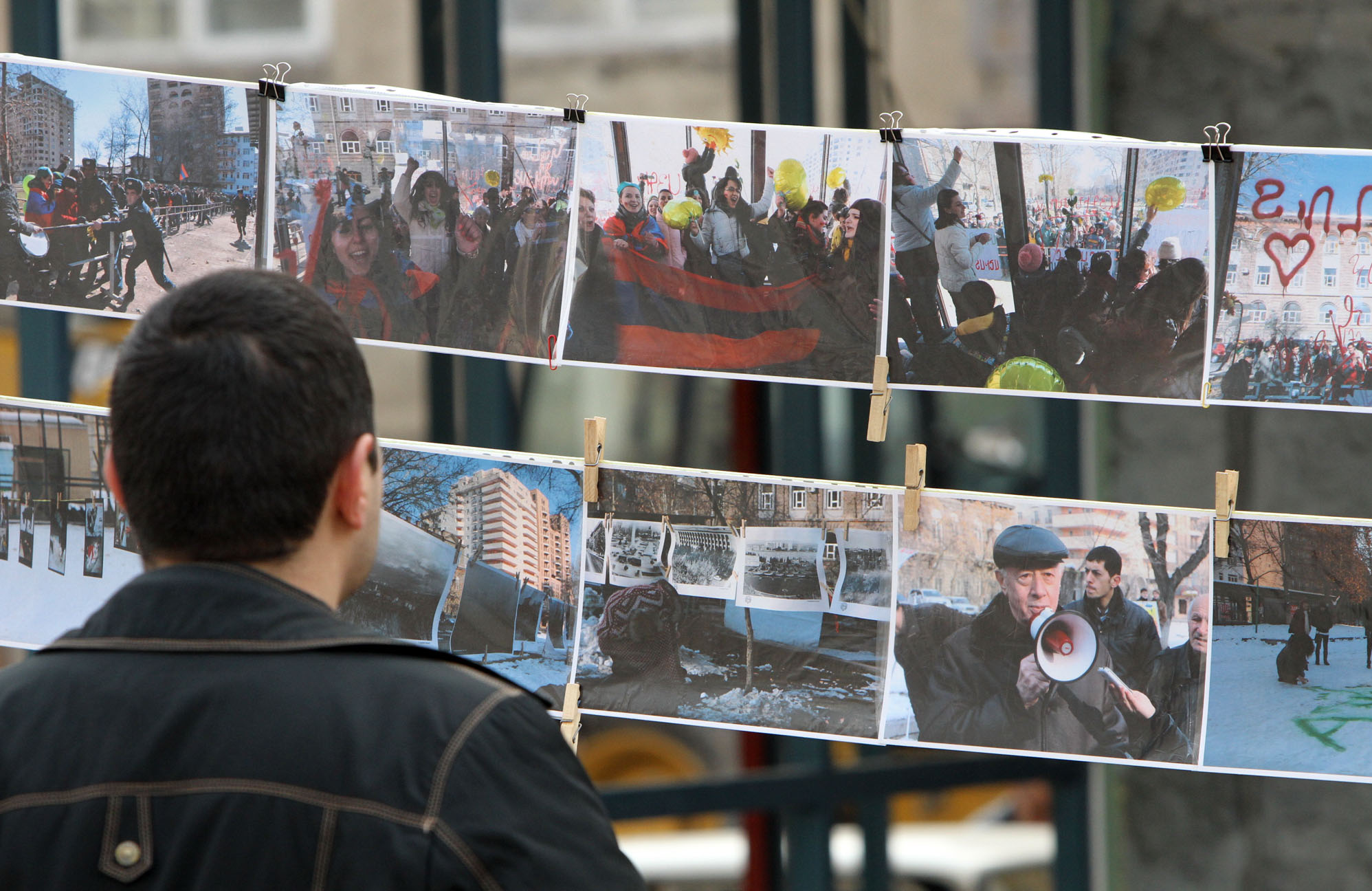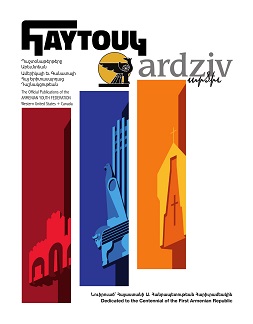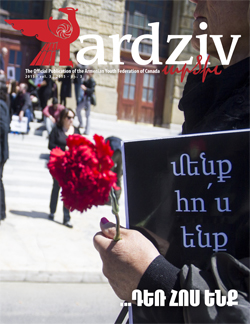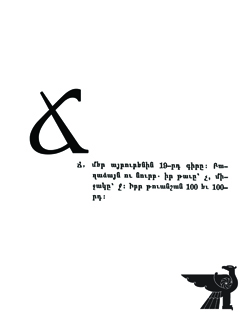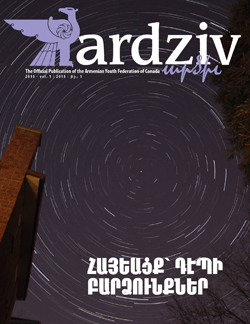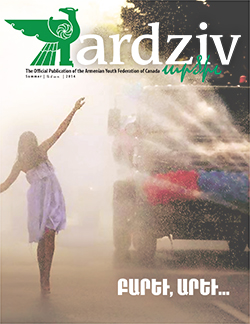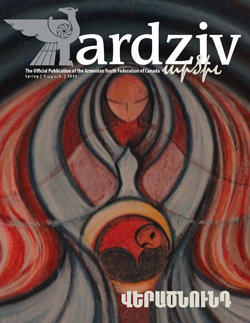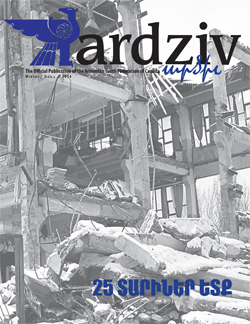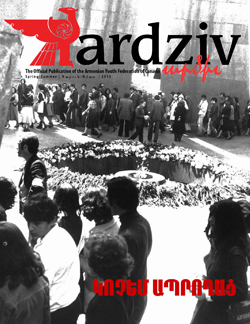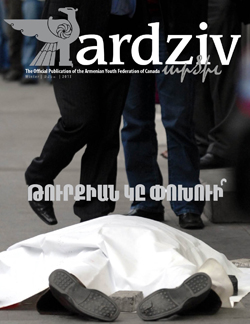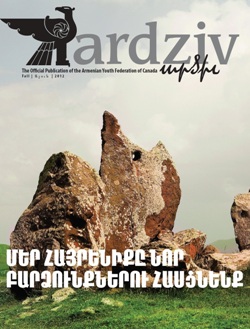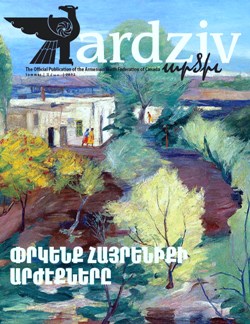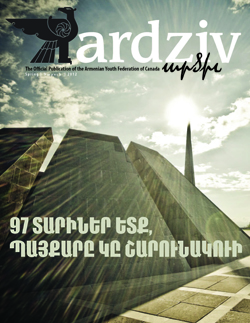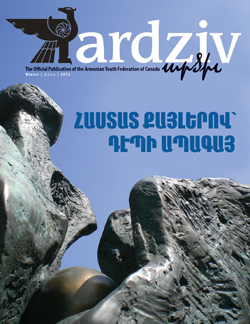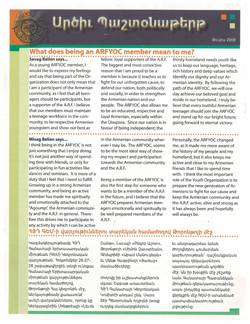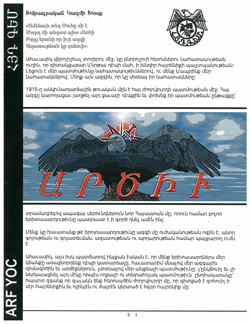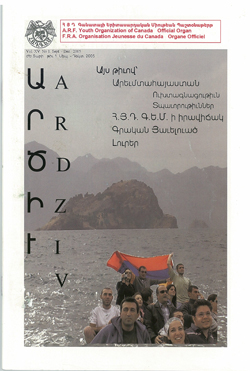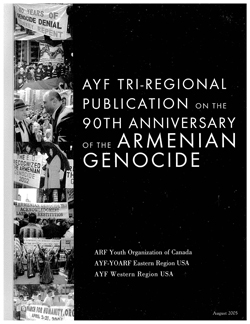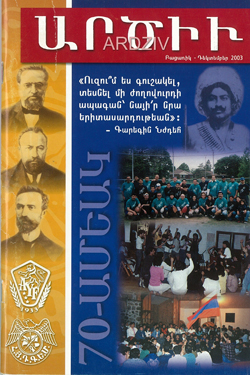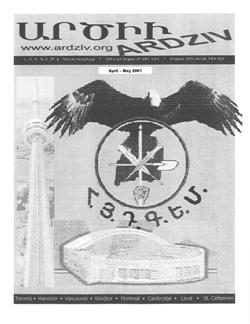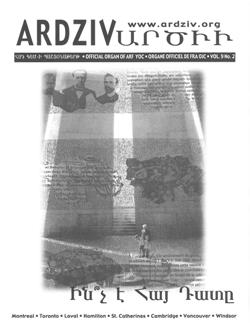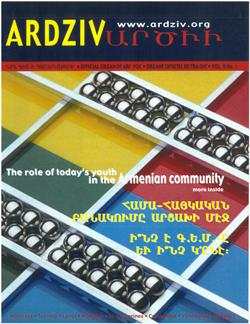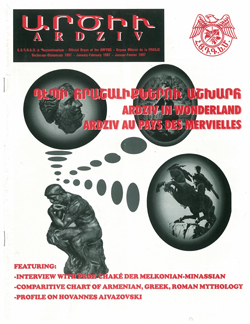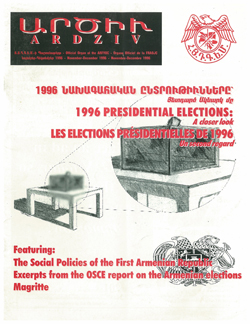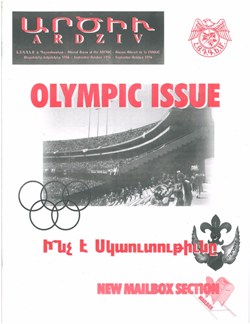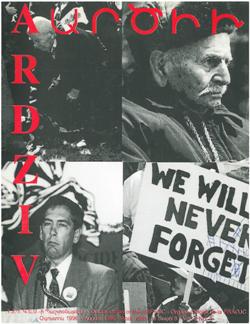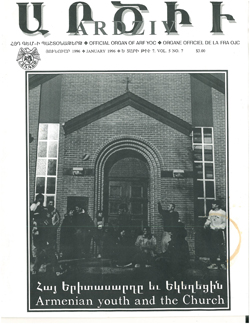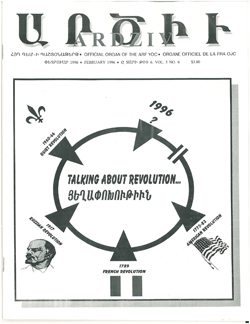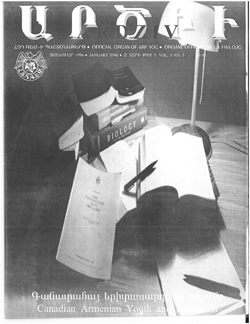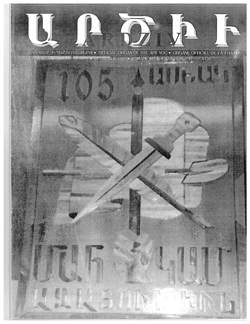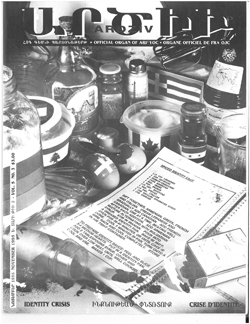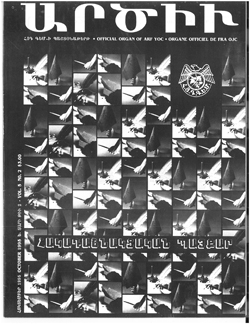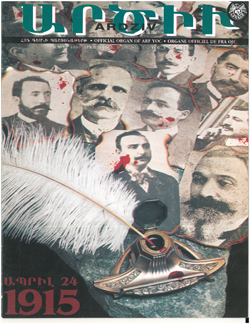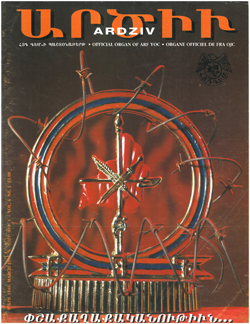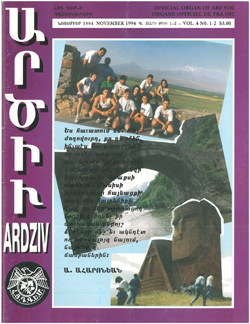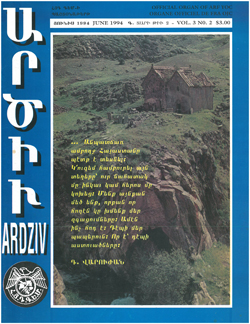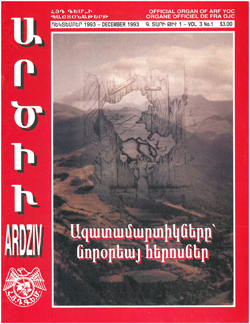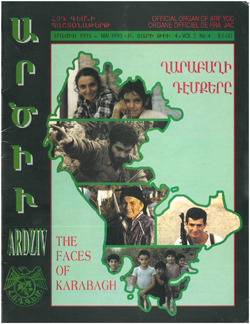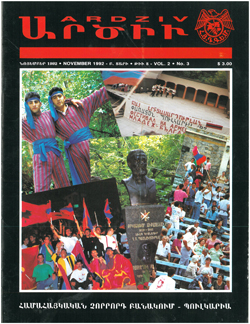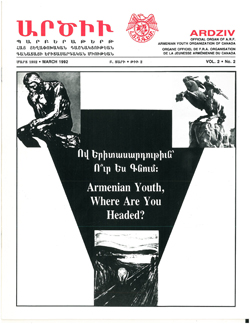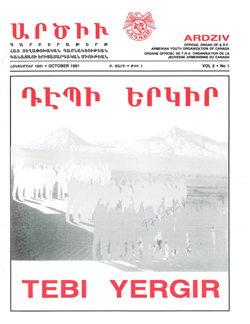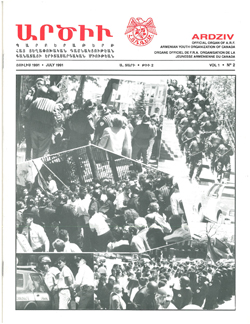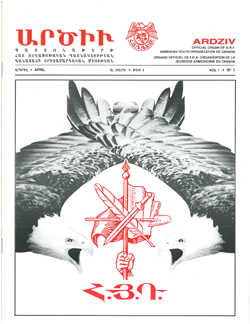Surviving in the Diaspora
By: Sevag Haroutunian | Posted on: 22.02.2013Warning: Undefined array key "ssba_bar_buttons" in /home/u108981792/domains/ardziv.org/public_html/wp-content/plugins/simple-share-buttons-adder/php/class-buttons.php on line 602
Warning: Undefined array key "ssba_bar_buttons" in /home/u108981792/domains/ardziv.org/public_html/wp-content/plugins/simple-share-buttons-adder/php/class-buttons.php on line 602
Warning: Undefined array key "ssba_bar_buttons" in /home/u108981792/domains/ardziv.org/public_html/wp-content/plugins/simple-share-buttons-adder/php/class-buttons.php on line 602
Warning: Undefined array key "ssba_bar_buttons" in /home/u108981792/domains/ardziv.org/public_html/wp-content/plugins/simple-share-buttons-adder/php/class-buttons.php on line 602
A personal moment to reflect is rare to come across in your busy schedule; from the moment you leave your bedside in the morning to the minute you plug in your smart phone to recharge itself for another challenging yet monotonous day. This is the diaspora for us Armenians. We are compelled to make decisions being part of the agile cycle, and only decades later, our decisions from the past reflect the fruits of today.
As Armenians surviving in the diaspora, we are constantly in a battle of trading elements of our culture, music, language and a lot more that will only be obvious through time. We trade our mother tongue every time a non-Armenian marries into our family. We celebrate Halloween with our kids, but forget to mention that we have Paregentan, a joyous feast before Lent. We proudly embrace the poppy each November, but fail to realize our national hero St. Vartan who fought the Persians for our religious rights in 451 AD.
All people in North America have the right to equally celebrate and cherish their cultural treasures. Hindus proudly celebrate Diwali and invite others to come and learn what their traditions entail. It saddens me to come from the most colourful culture with the longest array of historical dates that can be shared with the world, yet we somehow cannot place ours before the others. We often associate our identity with that of Arabs or Persians. Our cuisine, instruments, dances are contrasted, and often concluded that we all have “borrowed” from one another. The ignorance towards our own identity is only ours to blame. Why do we know endless information about former US presidents, but we can’t extend knowledge regarding our recent political history in Armenia? It crushes all morals when a forty year old Armenian mother from the Middle East can write a blog about American pop-culture and TV shows, but can’t mention one credible Armenian actor, theatrical play or film. The matter lies not in what you know, but what you are willing to learn to better understand our people and share what we genuinely have with the rest of the world.
There is a disconnect somewhere within our people; an implication of indifference. The alarming truth is that we have Armenians who haven’t bothered visiting the homeland since its independence in 1991, yet religiously attend patriotic evenings at the Armenian club and swear by the name of Antranik. Is it that we don’t stop to question our actions or decisions in life, or is it that cultural issues aren’t pressing enough for us to alter our everyday habits? There exists a notion of “I’m not going out of my way to take my kids to school” or the now fashionable caption, “Why does my kid need to read or write Armenian, when will they use it anyway?” Being able to read and write is being able to connect. We are fundamentally reducing our knowledge of Armenian and preventing those children to be aware of the richness of their culture. If this lack of dedication and commitment diversifies, as a culture, our music, lyrics, and poetry will be short-lived. Inevitably, we can’t have the passion and dedication our parents did, since they were a different generation that made sacrifices to bestow the love for our identity.
It feels as if our people are still struggling to survive, without having a moment to reflect and ask, “what for?” There are glorious realities of the diaspora, such as financial security, job security, personal comfort, and peace of mind that keeps us entrenched in the North American system. Adversely, the reality of losing another soul to the diasporan tide should come with moral repugnance. We need to question our reasoning behind the actions made today. Actions start from where we live, who we interact with, what topics we converse about over dinner, what is making headlines in Armenian media. Our days are so overloaded that we often forget to include Armenian content.
Yes, being an Armenian is a full-time task. No matter how much you try, there is always more to learn about ourselves and much more to be proud of.
